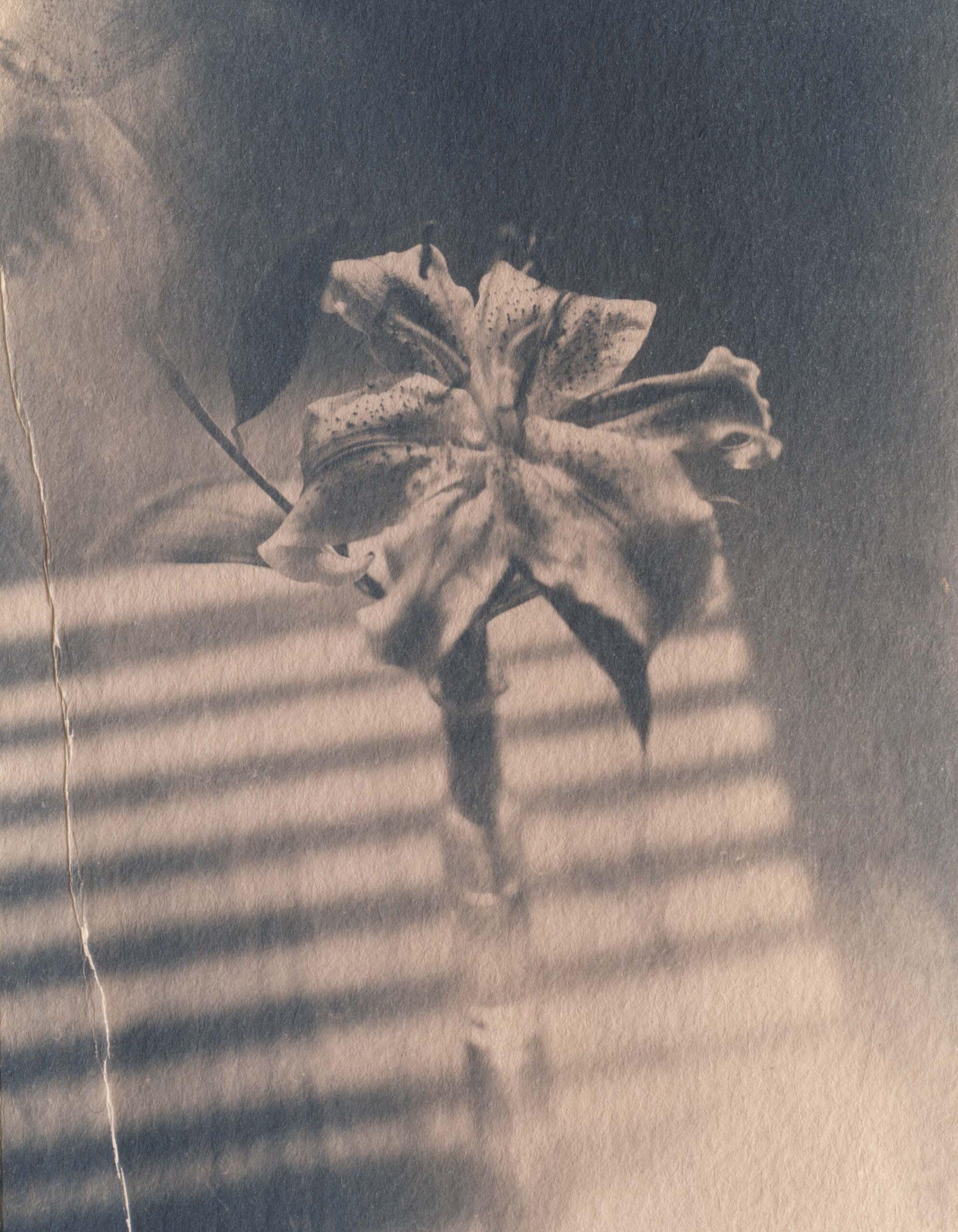“Ki” to signify a being of the living Earth. Not “he” or “she,” but “ki.” So that when we speak of Sugar Maple, we say, “Oh that beautiful tree, ki is giving us sap again this spring.” And we’ll need a plural pronoun, too, for those Earth beings. Let’s make that new pronoun “kin.”
From Robin Wall Kimmerer “Nature Needs a New Pronoun”
 With a mid-week afternoon off, my friend and I headed to the beach. Ki had never seen the California coast, and so we called a Lyft and in fifteen minutes landed at Venice. We weren’t expecting a visitation or a blessing or an omen. We weren’t expecting anything. The first sunny day of a gloomy June, the wide Pacific impossibly blue. Surfers bobbed by the jetty and paddled hard into waves; kin stood unsteadily and crashed into the churn. Other kin camped on soft sand by coolers, looking giddy, sun-lulled, sated. We walked and talked, waded in the encroaching foam, passed a rainbow-painted lifeguard stand, and swapped coming-out stories as if on cue. Cattle egrets teased the tides, and sanderlings skittered; diaper-free toddlers squealed in the surf, and junior lifeguards sprinted, splashing, to a buoy. Airliners roared overhead. Kin headed for kin.
With a mid-week afternoon off, my friend and I headed to the beach. Ki had never seen the California coast, and so we called a Lyft and in fifteen minutes landed at Venice. We weren’t expecting a visitation or a blessing or an omen. We weren’t expecting anything. The first sunny day of a gloomy June, the wide Pacific impossibly blue. Surfers bobbed by the jetty and paddled hard into waves; kin stood unsteadily and crashed into the churn. Other kin camped on soft sand by coolers, looking giddy, sun-lulled, sated. We walked and talked, waded in the encroaching foam, passed a rainbow-painted lifeguard stand, and swapped coming-out stories as if on cue. Cattle egrets teased the tides, and sanderlings skittered; diaper-free toddlers squealed in the surf, and junior lifeguards sprinted, splashing, to a buoy. Airliners roared overhead. Kin headed for kin.
We returned to the water’s edge when it was time to go, sun low, still talking. My mom’s kidneys are failing. I said. Ki lives alone with my nephew, and ki needs to go to the DMV to take the written test. Mom won’t drive much longer. This much is clear: Ki has to pass this test.
We stared at the horizon.
And then! Right then!
A brown head surfaced from a swell, a near-wave, and ki turned to face us; ki’s whiskers lay back along ki’s nose, and ki’s slick sleek body undulated and ki body-surfed toward us. Right toward us! Ki’s gaze never wavered as ki slid onto the sand, rolled over once, and flippered back through the foam over the waves and back out to sea.
Later, I searched online: seal or sea lion. Did our kin have ears? We weren’t sure. Did ki have long hairless fore- flippers? Could ki walk on land? We couldn’t say. One more click, and tragic reports flooded my feed. Sea lions, scores of them, flopping to shore or floating, sickened to the edge of death or beyond. The culprit: An algae bloom. A red tide. Kin might be dehydrated, agitated, foaming at the mouth. Kin might experience seizures. The reports were unequivocal: Kin needed help. Kin were desperate. But here’s the thing. Our sea lion? Ki came all the way to the sand as the wave retreated, turned over once, and returned to the sea. Ki was not disoriented, not agitated. Ki never looked back. Ki did not seem sick.
In another week, the rainbow lifeguard stand will be spray-painted with hate. I’ll work a jigsaw puzzle with Mom, take my nephew to the DMV. Ki is scared to drive—terrified, truly—but ki will do it. Ki takes ki’s grandmother’s hand at every curb. Kin do what kin must do.
Everyone I’d tell about the sea lion assured me ki was fine, just fine, but we know no such thing. Maybe the sea lion was coming to tell us ki was in grave danger. Or maybe ki was saying: Be glad! Be grateful! We who come to the beach where others come to die, oblivious to suffering we duck by privilege or plain dumb luck. Or maybe ki said only this: Look, I’m here! I’m right here!
__
Ana Maria Spagna writes about nature, work, community, history, and civil rights. Ki is the author of several books of creative nonfiction including Pushed: Miners, a Merchant, and (Maybe) a Massacre, Reclaimers, and Uplake: Restless Essays of Coming and Going. Ki lives in the North Cascades and teaches at Wenatchee Valley College and in the Graduate Program in Creative Writing at Western Colorado University.

8 comments
Beth Hendry-Yim says:
Sep 17, 2024
“We who come to the beach where others come to die,..” profound statement of the state of our world. Very rich piece, I enjoyed reading!
Karina Dove Escobar says:
Oct 10, 2024
The sort of writing that I could feel restructuring my worldview as I read it. Very grateful to realize that one step toward a deeper relationship with Earth is only a pronoun switch away
Filiz Turhan says:
Oct 15, 2024
A whole world of relationships is encapsulated here, and in such beautiful language, too.
Meg Scherch Peterson says:
Oct 19, 2024
au curant, which is to say, timely, relevant
Lyra Halprin says:
Nov 1, 2024
Beautiful. I could see and feel it all. Bravo (and hello), Ana Maria Spagna.
Archa J says:
Nov 20, 2024
Great
sriina says:
Nov 29, 2024
So beautiful!!
Mukta says:
Dec 18, 2024
The sort of writing that I could feel restructuring my worldview as I read it. Very grateful to realize that one step toward a deeper relationship with Earth is only a pronoun switch away